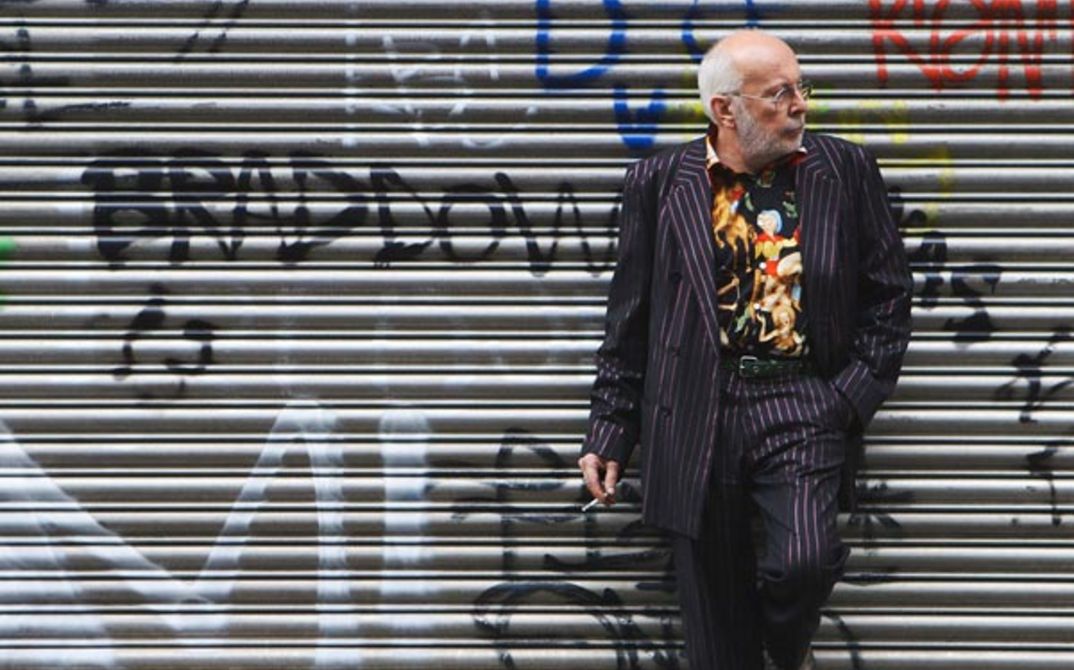For further information please download the film sheet (PDF).
Don't we all feel the same longing for German films that break ranks, that are wild and sensual, that possess a true physicality? Dominik Graf's thrillers, the articles he’s written on cinema and his new documentary all tell of this longing. What happened to this section of our film tradition, which in the 1970s and 80s brought forth a genre cinema that showed a very different Germany, one looking into the abyss?
Even before Martin Scorsese's Taxi Driver, there were reflections of neon signs in nocturnal streets and a dark angel who wanted to rescue a prostitute in Roland Klick's Supermarkt (1973). Klaus Lemke and Roland Klick sit before Graf's camera as nonchalantly as their heroes and rave about how actors make full use of their bodies. At first, post-war Germany did not want maimed bodies sweaty with exertion, until Mario Adorf and Klaus Kinski brought back the need for the physical. Suddenly, there was space for violent, bloody and dirty stories, with the RAF's first department store bomb reverberating through films such as Blutiger Freitag (1972). This is another way of telling German history. (Anke Leweke)
Production: Augustin Film, Berlin
Screenplay: Dominik Graf, Johannes F. Sievert
Camera: Hendrik A. Kley
Format: DCP 1:1.78 (16:9), Colour & Black/White
Running time: 90 min
Language: German
